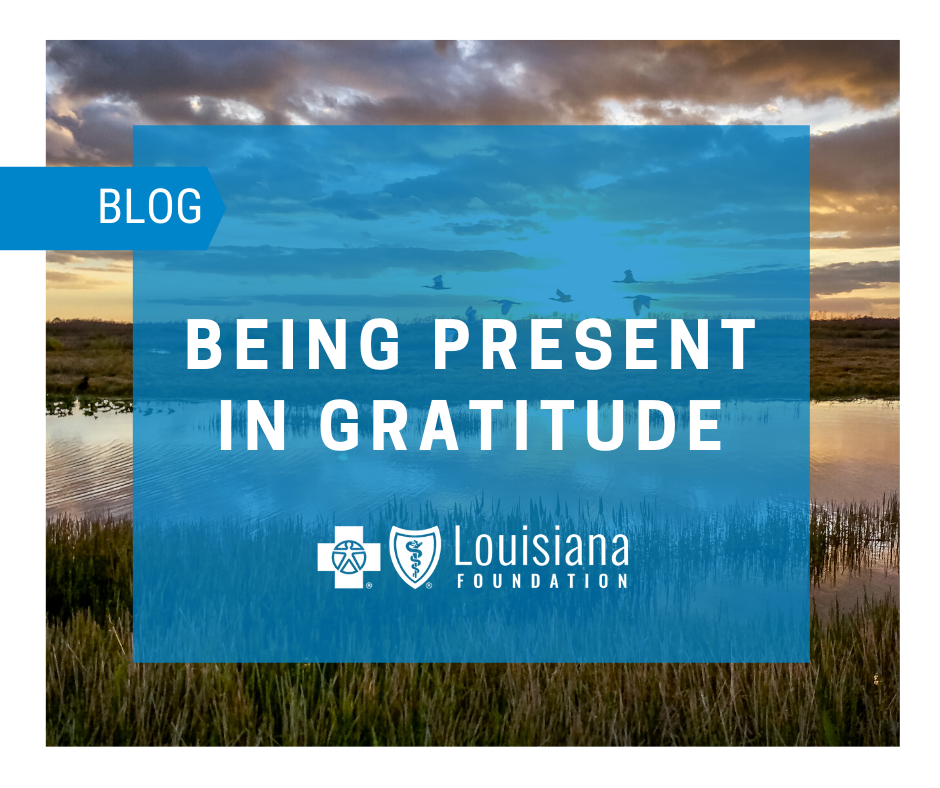Daniel Kahneman is a researcher, psychologist, economist and author who, among many other things, wrote Thinking Fast and Slow, a book about the powerful effect of bias on our decision-making.
I’m inevitably boiling his ideas down too much, but the way I understand it is this: certain biases are hard-wired into our nervous systems and regularly exert influence on our executive functions and memory. In other words, we sometimes make decisions with our bodies, and then use our thinking brain to justify them.
Specifically, towards the end of Thinking Fast and Slow, Kahneman writes about his study of how people remember experiences and happiness — and how unreliable they are. As humans, we tend to forget the duration of experiences. Instead, we compress time into episodes, and then rate them based on their peaks and valleys.
So, for example, let’s say I took a long weekend road trip with my family and, by and large, we had a pretty good time. The ride was mostly pleasant, we had a great meal, we saw some sights, only a few toddler meltdowns.
But then, on the way home, the car broke down, we were forced to wait six hours somewhere really cold and we had to unexpectedly cough up $1,000 for repairs.
According to Kahneman, if you asked me two months later about the trip, I’d most likely have firmly established it in my mind as the bad trip when the car broke and my kid threw up on the mechanic, and tell you never to drive to Georgia. Because the valley of the experience was the most extreme part, that’s what we tend to recall. Even if 95% of the time I was happy or satisfied, the 5% was very bad.
Now is the season of gratitude, when we will be asked and reminded frequently to recall what we are thankful for. I bring this book up because of what it implies about how we practice gratitude. I would argue it’s not about recounting the peaks and valleys of a period of time and tallying them up for an overall count. After all, how many of us have heard someone say, “I can’t wait for this year to be over, 2019 was terrible for me”? In most cases, this is because the negative valleys outnumber and overwhelm the rest of our experience.
Instead, what this research leads us to think about is how gratitude can be an act of presence and mindfulness. What am I experiencing right now that I can be grateful for? How can I be fully present in this moment before my brain squishes it down into a tofu block of experience — if I even remember anything about it at all?
There are plenty of guided gratitude meditations online, and here are some quick hacks to practice a moment gratitude right now:
- Turn off social media (unless you’re reading this on our Facebook page. Keep reading, but then turn it off) and any kind of news… at least for a while
- Find a comfortable place to sit. Close your eyes. Take several deep breaths. Put your hand over your heart, feel your heart breathing.
- Think of one person in the world for whom you are truly grateful at this moment. A partner, a friend, a family member or even a colleague.
- Think of one experience in the last day for which you are grateful.
- Think of what are you grateful for that you can see in your immediate surroundings? The chair you’re sitting on? A cup of coffee? The technology you’re using to get work done?
- Make a commitment to recall five experiences for which you are grateful before bed.
There is plenty more you can do, but as a quick starter – that’s it.
In this season of decorations, joy and light this time of year, there’s a potential for darkness in recalling a year based on peaks and valleys and writing off so much precious time. But we can work against it by being mindful of the people and the wonders of the world we live day by day.
For those working in the non-profit and community sectors, the year can be measured by fundraising and end of year markers. Those are good to aim for and think about, but in the spirit of the above, in this season of thankfulness I’d encourage us all to remember to good work that gets done each day by each of you and by our collective efforts. Living in the challenge, the joy and continuing to do the long term work are part of what we need to make the progress we need as a state.
From our team to you and yours we are thankful for all that you all do for kids, for communities and for each other. Our hope for you in this season is that you can take a moment to be mindful of the amazing experiences around us and the important work supporting each other each day.
With gratitude,
Michael Tipton
President, Blue Cross and Blue Shield of Louisiana Foundation
Head of Community Relations
michael.tipton@bcbsla.com
Subscribe to our mailing list
